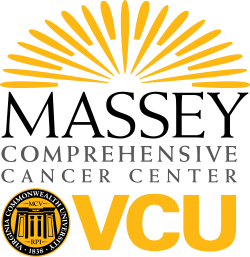
Dr. Geyer on Impact of Targeted Agents in HER2+ Breast Cancer

Charles E. Geyer, Jr, MD, professor of medicine, Virginia Commonwealth University School of Medicine; associate director for clinical research and Harrigan, Haw, Luck Families chair in Cancer Research, Massey Cancer Center, discusses the impact of targeted agents in HER2-positive breast cancer.
Charles E. Geyer, Jr., MD, professor of medicine, Virginia Commonwealth University School of Medicine; associate director for clinical research and Harrigan, Haw, Luck Families chair in Cancer Research, Massey Cancer Center, discusses the impact of targeted agents in HER2-positive breast cancer.
The emergence of trastuzumab (Herceptin), pertuzumab (Perjeta), and most recently, ado-trastuzumab emtansine (T-DM1; Kadcyla), has provided patients with HER2-positive breast cancer with several new treatment options. Notably, Geyer says, there are even options for patients who do not achieve a pathologic complete response following frontline therapy. In years past, neoadjuvant therapy in this space was merely an option, but now, the treatment paradigm has shifted dramatically.
After results from the KATHERINE study were presented at the 2018 San Antonio Breast Cancer Symposium, researchers now need to determine the role of T-DM1, Geyer notes. Results from the study showed that adjuvant T-DM1 reduced the risk of invasive disease recurrence or death by 50% in this patient population.




































